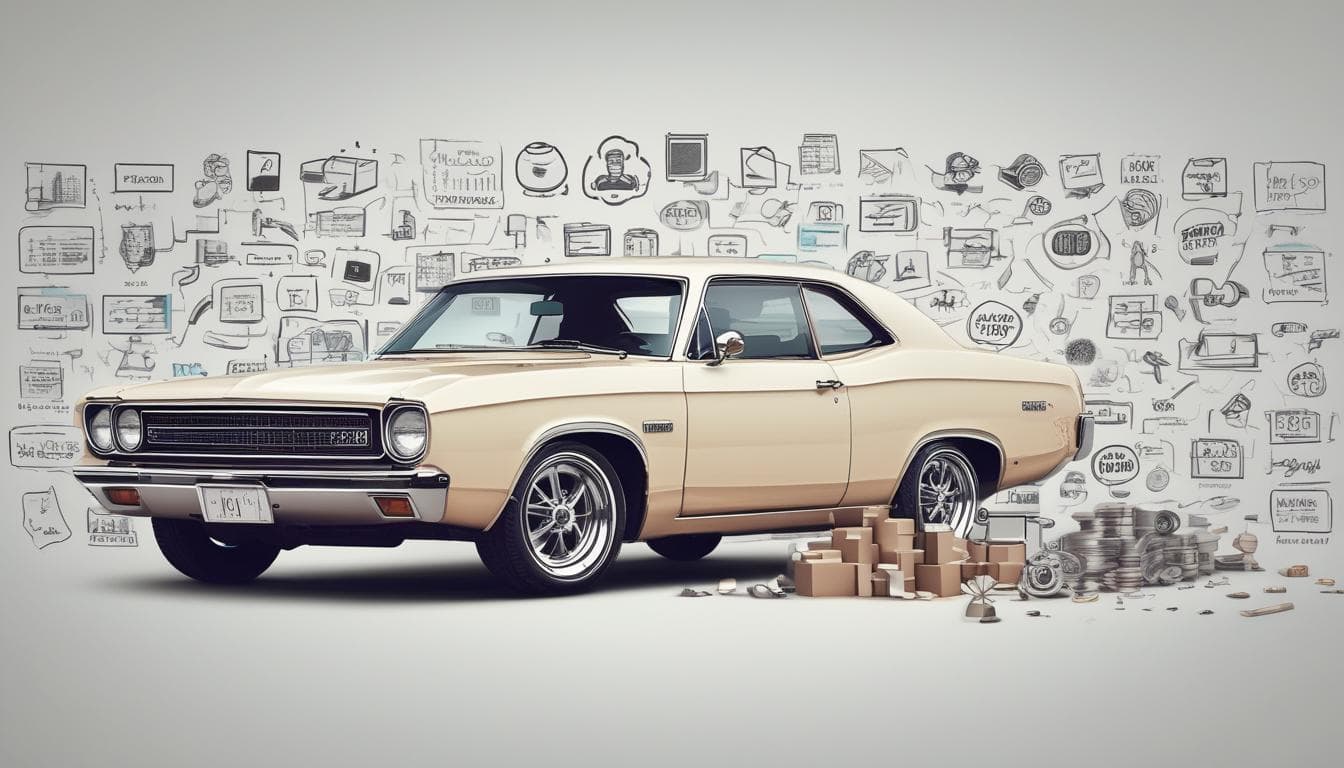Let's envision a future where AI not only drives our cars but also acts as a co-creator in the automotive design process. Imagine if you could verbally describe your dream car to an AI, specifying not just features but also emotions and experiences you want it to evoke. How might this collaborative design process, blending human creativity with AI's analytical power, revolutionize car aesthetics, functionality, and the overall personalization of vehicles? What potential challenges or ethical considerations might arise when we entrust such a significant level of creative control to artificial intelligence in shaping our future rides?
Imagining a future where AI collaborates in designing our vehicles opens up some fascinating avenues for automotive innovation. Here’s how this collaboration could revolutionize the industry:
Enhanced Personalization
- Emotional Design: By allowing users to describe the emotions they want their cars to evoke, AI could analyze those inputs and generate designs that reflect personal tastes. This level of customization could lead to unique and meaningful vehicle experiences.
- Functional Preferences: Users might specify not just aesthetic desires but functional requirements like comfort, efficiency, or technology integrations, allowing AI to optimize designs accordingly.
Streamlined Design Process
- Rapid Prototyping: AI can simulate various design prototypes based on user feedback, allowing for quicker iterations and reduced time to market.
- Data-Driven Insights: Leveraging vast amounts of data on consumer preferences and trends, AI could suggest designs that are not only innovative but also aligned with market demands.
However, there are several challenges and ethical considerations to ponder:
- Creative Control: With AI taking a more central role in design, how do we ensure human creativity is not overshadowed? Maintaining a balance will be crucial to retain the essence of automotive artistry.
- Bias in AI: If AI is trained on biased data, it may yield designs that do not represent all user demographics, leading to a lack of inclusivity in design processes.
- Intellectual Property: Who owns the designs generated by AI? As we integrate AI more into the creative process, defining ownership rights will become increasingly complex.
To dive deeper into how AI is influencing automotive design and its future implications, check out The AI Revolution in Automotive: Reshaping Design, Manufacturing, and the Driving Experience. This article discusses current trends and potential future outcomes in great detail, shedding light on the transformational role of AI in our vehicles.
The vision of AI integrating into the automotive design process is not just exciting; it promises a future where our cars can be deeply personal reflections of our identities and aspirations.
このトピックについてさらに詳しく探る
会話に参加する
- 車が感情を持ったら?未来の移動体験を想像しよう!
もし車が感情を持つようになったら、私たちの生活はどう変わるのか?自動運転技術の進化によって、車は私たちの感情を理解するパートナーになるかもしれません。喜び、悲しみ、興奮など、感情を共有する未来の移動体験について語り合いましょう。
- 車が夢を見たら?:自動運転車と夢の共有が未来を変える?
自動運転車が夢を見る未来…車のAIが人間の感情や記憶を学習し、夢を共有できるようになったら、私たちの生活はどう変わる?車から得られる情報やインスピレーションの可能性とは?
- 車が感情を持ったら?社会や文化への影響を議論!
車が感情を持つようになった未来、私たちの社会や文化はどう変わる?交通ルール、運転マナー、車とのコミュニケーション、人間との感情の相互作用…様々な側面から自由に意見交換しましょう。





